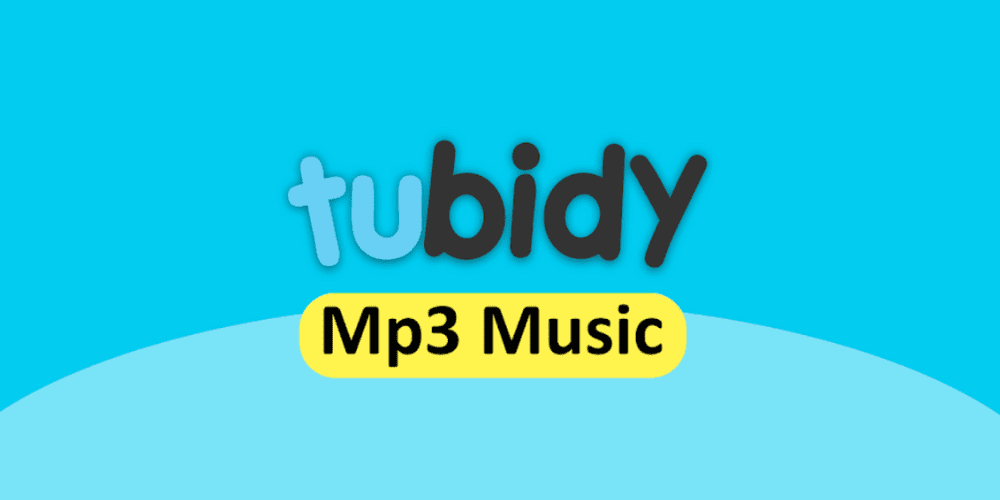The landscape of music discovery has undergone a radical transformation in the digital age. Online platforms have revolutionized the way audiences find, consume, and engage with music, impacting artists, listeners, and the music industry as a whole. This shift has democratized music access, introduced innovative discovery tools, and reshaped traditional industry dynamics. One of the most significant changes brought by online platforms is the democratization of music distribution. In the past, discovering new music often depended on radio play, physical record stores, or word of mouth. Today, artists can upload their music directly to platforms like Spotify, SoundCloud, and YouTube, bypassing traditional gatekeepers. This has allowed a more diverse range of voices and genres to reach global audiences, giving listeners access to a virtually limitless array of music from all corners of the world.

Algorithms and personalized recommendations have also played a crucial role in music discovery. Platforms like Spotify and Apple Music use sophisticated algorithms to analyze users’ listening habits and preferences, offering personalized playlists and suggestions. Features like Spotify’s Discover Weekly and Daily Mix provide listeners with curated content that matches their tastes, often introducing them to new artists and tracks they might not have found otherwise. These tools have made discovering new music more intuitive and tailored to individual preferences. Social media has further amplified the reach of music discovery. Platforms like TikTok, Instagram, and Twitter have become breeding grounds for viral music trends. A song can gain massive popularity overnight if it becomes the soundtrack to a viral dance or challenge on TikTok. This social aspect of music discovery allows fans to share their favorite tracks with their networks, creating organic and rapid dissemination of new music.
Additionally, user-generated content has become a vital part of music discovery. Platforms like Bandcamp and SoundCloud allow artists to interact directly with their audience, receiving immediate feedback and building a loyal fanbase. These platforms provide a space for niche and emerging artists to thrive, often leading to the discovery of innovative sounds that challenge mainstream music norms. The rise of online platforms has also led to the emergence of music influencers and curators. Influencers on platforms like YouTube and Instagram can significantly impact music trends by showcasing their favorite songs and artists to their followers. Similarly, playlist curators on streaming services have gained substantial influence, with popular playlists often driving significant streams for featured tracks. These new forms of tastemakers have added another layer to the music discovery process, guiding listeners through the vast sea of available tubidy music. While the digital transformation of music discovery has brought many benefits, it has also presented challenges. The sheer volume of available music can be overwhelming, making it difficult for new artists to stand out. Moreover, the reliance on algorithms can sometimes create echo chambers, limiting exposure to new and diverse music. There are also concerns about the financial implications for artists, as streaming revenues often do not equate to traditional sales.

